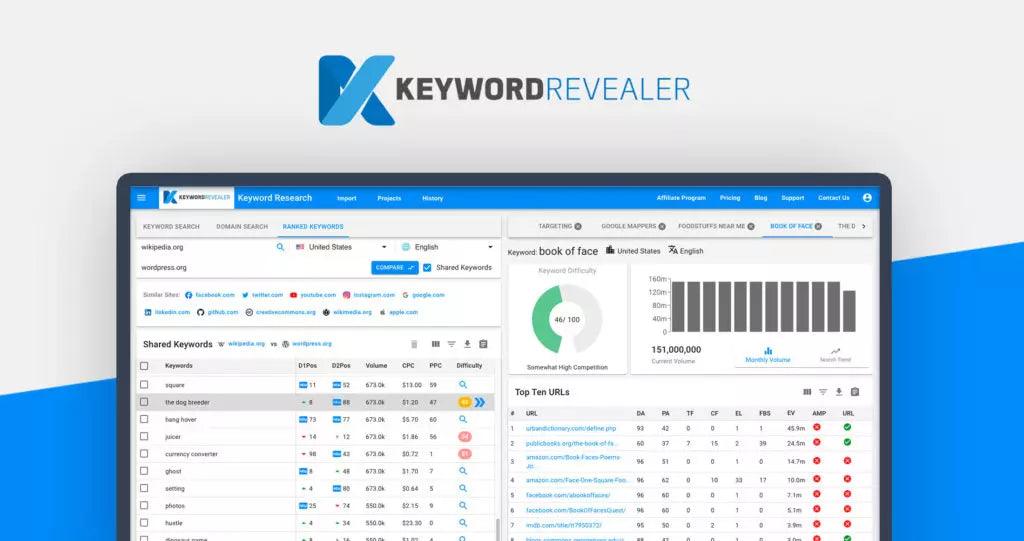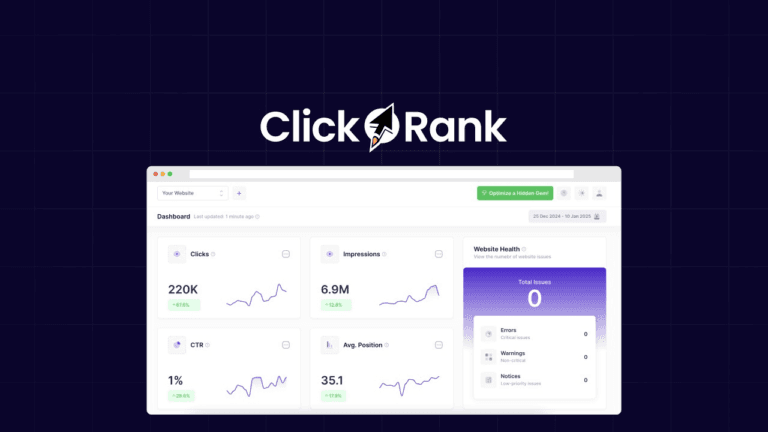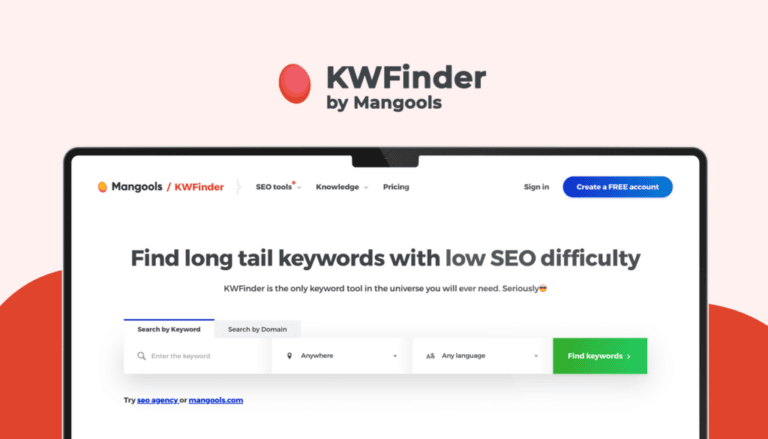I stared at my computer screen, frustration mounting as our company’s latest blog post sat languishing on page six of Google’s search results. As the digital marketing manager for a growing e-commerce furniture business, I had spent countless hours crafting what I thought was engaging, valuable content. Yet month after month, our traffic remained stagnant, and our competitors seemed to effortlessly outrank us for every meaningful search term in our industry.
The Uphill Battle
Our small marketing team was drowning in spreadsheets and conflicting SEO advice. We’d spend hours brainstorming keywords we thought would work, only to discover months later that we were targeting terms that were either too competitive or had minimal search volume. Our content calendar was essentially based on guesswork, and our ROI was suffering. The manual process of tracking rankings and analyzing competitors was eating up valuable time that could have been spent on creative content development.
The Turning Point
During an industry conference, I overheard another marketer discussing how they’d transformed their approach to keyword research. They mentioned a tool called Keyword Revealer, and though I was initially skeptical – having tried numerous SEO tools before – something about their enthusiasm caught my attention. What stood out was their description of finding “hidden gem” keywords that their competitors had overlooked.
Implementation Journey
After some research, we decided to give it a try. The onboarding process was surprisingly straightforward, and within hours, we were discovering long-tail keywords we’d never considered before. The interface was intuitive enough that even our content writers, who weren’t SEO experts, could easily understand and use it for their research.
What immediately caught our attention was the keyword brainstorming feature. For our newest collection of sustainable furniture, we uncovered dozens of specific terms that potential customers were actually using – phrases like “eco-friendly living room sets” and “sustainable wood dining tables” – each with meaningful search volume but surprisingly low competition.
Within three months, we saw our first major breakthrough. A blog post targeting one of these discovered keywords moved from nowhere to the first page of Google. By the six-month mark, we had achieved first-page rankings for over 30% of our target keywords, compared to just 5% previously. Our organic traffic had doubled, but more importantly, the quality of that traffic improved – our conversion rate from organic search visitors increased by 45%.
The automated rank tracking feature saved our team roughly 10 hours per week that we previously spent on manual tracking and reporting. This freed up time allowed us to focus on creating more in-depth, targeted content based on the gaps we identified through the competitor analysis tool.
Present Day and Future Outlook
A year into our journey, our approach to content strategy has fundamentally changed. Instead of shooting in the dark, every piece of content we create is backed by data-driven insights. We’ve expanded our content team and developed a systematic approach to identifying and targeting valuable keywords across different product categories.
The most unexpected benefit has been how this tool has influenced our product development strategy. By understanding what our potential customers are searching for, we’ve been able to better align our inventory with actual market demand. We’re now expanding this approach to our international markets, using the tool to understand search behavior in different regions and languages.
Looking ahead, we’re excited about applying these insights to our upcoming product launches and expansion plans. What started as a solution to our SEO challenges has evolved into a cornerstone of our broader business strategy, helping us stay connected to what our customers really want and need.
The journey has taught us that success in digital marketing isn’t about following the crowd or competing for the most obvious keywords – it’s about finding those unique opportunities that others have missed and creating content that truly serves your audience’s needs. With the right tools and insights, even a small team can achieve remarkable results in the competitive digital landscape.






